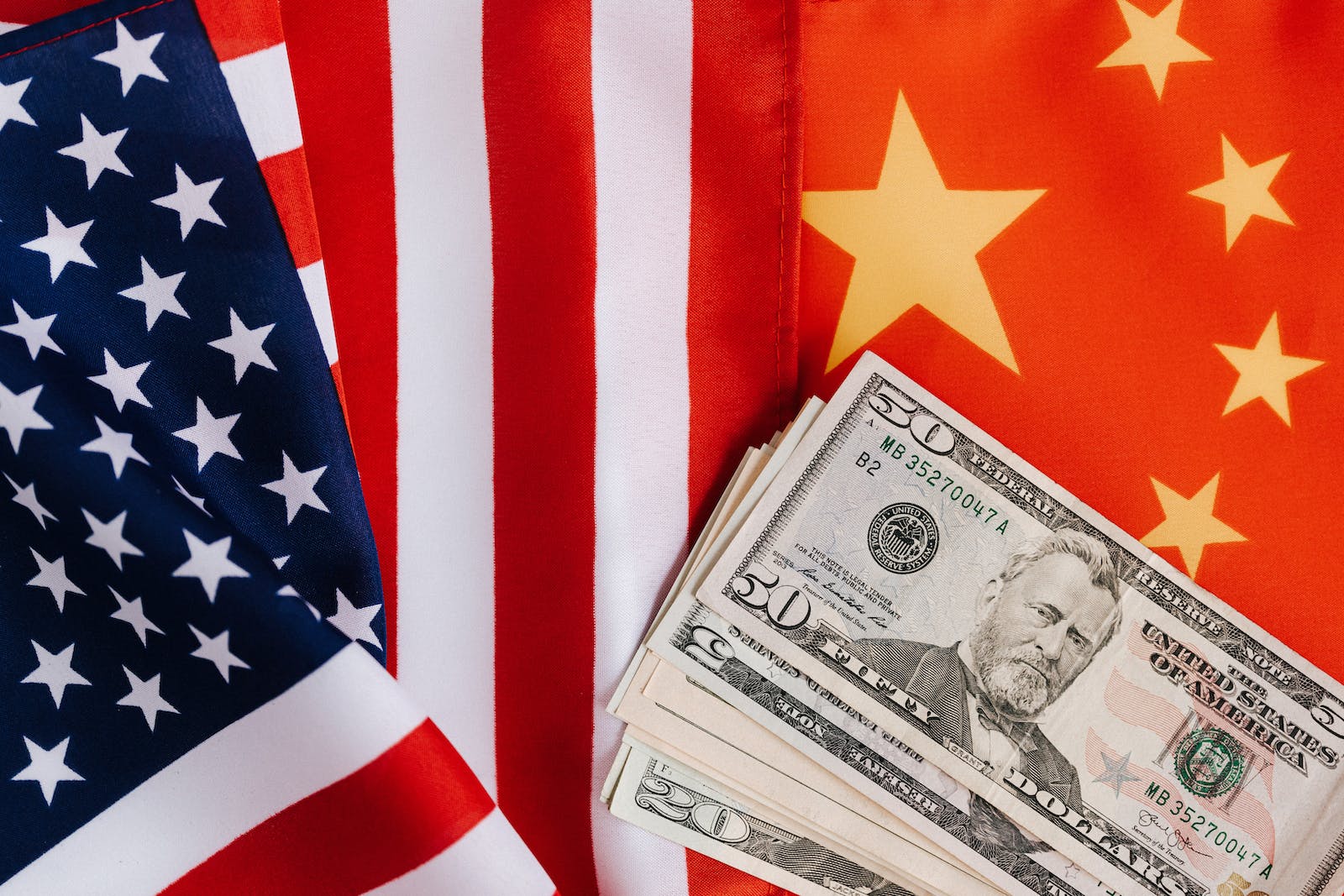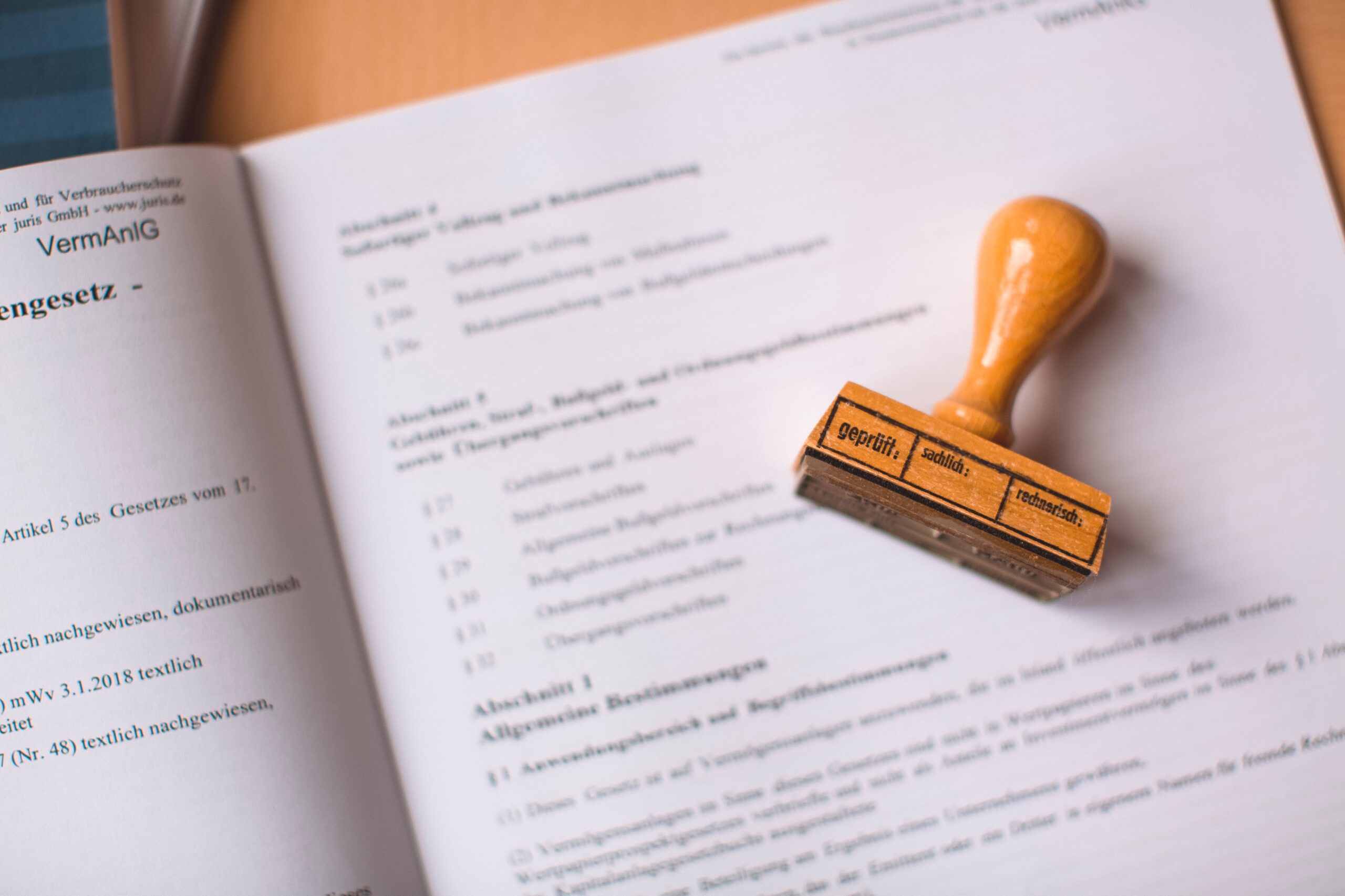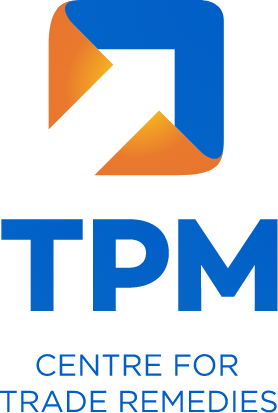United States challenges Chinese additional customs duty at WTO

Authors: Aastha Gupta, Joint Partner, and Saniya Shreevastava, Associate
In August 2023, the WTO panel issued its report in a dispute brought by the United States concerning the consistency of additional duties imposed by China in retaliation to the US Section 232 tariffs on steel and aluminium products. The panel found that China’s imposition of duties was inconsistent with the Most Favoured Nation and National Treatment obligations of the Member State. Pursuant to the issuance of the Panel report, China notified the WTO of its decision to appeal. However, with a defunct Appellate Body, China’s appeal is not expected to yield concrete results.
Background of the dispute
The present dispute arose with regards to certain additional customs duties imposed by China on products imported from the United States. The additional customs duties were imposed by China in retaliation to the Section 232 measures imposed by the United States in 2018. In April 2018, the United States imposed additional 25% customs duties on imports of steel and 10% duties on aluminium products from China. In response, China imposed additional duties, through the Opinions Notice and the Implementation Notice, on imports of goods from United States under 128 tariff codes, covering seamless steel tubes, aluminium waste, fruits, meats and their derived products.
The United States requested the Dispute Settlement Body for establishment of a Panel to examine whether the additional measures in dispute were inconsistent with China’s obligations under GATT 1994. Particularly, the Panel was requested to examine the consistency of the additional measures under Article I:1, Article II:1(a) and II:1(b) of GATT 1994.
Arguments by the parties
The United States challenged the measures before the Panel and contended that the measures were inconsistent with Article I:1 of the GATT as the additional duties imposed by China failed to extend to certain products imported from the United States, the advantage of lower tariff rates that was granted to products imported from other countries. As such, this violated the Most Favoured Nation treatment that was accorded to other countries and less favourable treatment was granted to imports from United States.
Further, the United States also contended that the measures were inconsistent with Articles II:1(a) and II:1(b) of the GATT. Imposition of ordinary customs duties by China in excess of the bound rate commitments contained in its Schedule of commitments were claimed to be violative of its obligations under Article II:1(b).
On the other hand, China argued that the challenged measures were covered under Article 8.2 of the Agreement on Safeguards and Article XIX:3(a) of the GATT 1994, and thus, could not be considered violative of Articles I and II of the GATT 1994. Under Article 8.2, in case where WTO members do not arrive at an agreement pursuant to consultations, a member can suspend equivalent concessions or obligations with respect to trade in goods from the other member. China claimed that pursuant to imposition to Article 232 measures, China requested the United States for consultation. However, since no agreement was reached between the members, China proceeded to suspend consultations by virtue of Article 8.2 of the Agreement on Safeguard. Thus, such measures were not violative of Articles I:1, II:1(a) and II:1(b) of GATT.
Decision of the Panel
The Panel considered the arguments of both the members. With regards to the contention of China that the measures were covered under Article 8.2 of the Agreement on Safeguards, the Panel noted that the Section 232 measures imposed by the United States were maintained under Article XXI of the GATT, which provides for imposition of measures in light of national security. Accordingly, Section 232 measures were not measures under the Agreement on Safeguard. Thus, China’s retaliation measures could not be covered under Article 8.2 of the Agreement on Safeguard.
With regards to the argument of United States, the Panel observed that the measures are inconsistent with Article I:1 of the GATT 1994 since imposition of additional duties fails to accord an advantage granted to products originating outside the United States, to products originating in the United States. As a result, the products imported from the United States were treated less favourably.
Further, it was observed that the measures are inconsistent with Article II:1(a) and II:1(b) of GATT as the additional duties imposed were in excess of the bound rates mentioned in China’s Schedule of Commitments and thus, grant them less favourable situation. Thus, the Panel has directed China to bring its measures in consistence with its WTO obligations.
Conclusion The dispute and its implications, which are yet to fully unfold, take a notable place in the backdrop of the geopolitical scenario marked by a controversial phase of USA’s trade relation. While China has been asked by the Panel to bring its measures in line with its WTO obligations, China has, on 20th September 2023, notified the WTO of its decision to appeal against the report. However, since the Appellate Body is dysfunctional at present, China’s appeal enters a legal void and halts its enforcement of the panel report.
You May Also Like

United States challenges Chinese additional customs duty at WTO

Availability of Import Data: Balancing Confidentiality of Proprietary Information & the Legitimate Requirements of Parties

Saudi Arabia’s Trade Remedial Law- A step forward.


